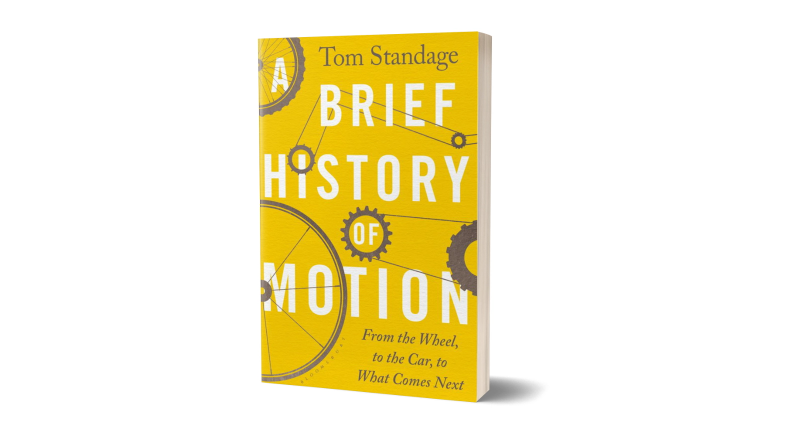In blockchain we trust
-
- from Shaastra :: vol 01 edition 02 :: Jul - Aug 2021
The decentralised ledger technology has the capacity to influence transaction costs by building trust, which could transform organisations.

The wild swings in the prices of cryptocurrencies such as Bitcoin have dominated much of the public discourse on blockchain. The ability of this new decentralised ledger technology to create digital financial assets that may eventually challenge sovereign currencies is undoubtedly important. Far less attention is lavished on the ability of blockchain to alter existing forms of economic organisations. To understand this better, we need to rewind to a landmark paper written many decades ago.
British economist Ronald Coase asked a simple question in 1937: Why do firms exist? Most economists till then had sought to explain how economic exchange takes place between buyers and sellers in a market. Coase noted that not all transactions take place the way economics textbooks describe them. Many transactions take place within firms, as when one division of a company provides inputs or services to another division in the same company. Coase showed that firms exist to minimise transaction costs.
American economist Oliver Williamson took this insight further in a 1985 paper to ask: under what conditions does economic exchange take place within organisations rather than in markets? The fundamental idea was that there are transaction costs involved in all economic exchanges. Firms decide which activities to conduct within their boundaries and which to conduct in the market based on the transaction costs. The higher the transaction costs of a market exchange, the higher the likelihood of certain activities being done within the firm. Coase won the economics Nobel in 1991; Williamson won it in 2009.
However, transaction costs are not static. Therefore, the boundaries of firms change depending on how transaction costs change. Vertically integrated companies have given way to global supply chains, thanks to the collapse in the costs of computer networks. Companies can now participate in complex production networks coordinated through enterprise software rather than from an integrated corporate headquarters: virtual integration rather than vertical integration.
TRUST MATTERS
The global production process has become more efficient even as it has become more decentralised. Is another revolution in industrial organisation on the horizon with the rise of blockchain? The decentralised ledger technology deals with another aspect of economic organisation - trust, which is a key determinant of transaction costs.
It is relatively easy to establish trust between two people who know each other. A local vegetable seller is unlikely to cheat a regular customer who visits him every day. However, trust becomes complicated when the economic exchange is between two people or companies that do not know each other, and even more so when they carry out a one-time exchange in the spot market rather than enter into long-term contracts.
Digital companies have already found some solutions that build trust. Online companies such as Airbnb have a system of user ratings to provide information to new users about the reliability of a person temporarily renting out her flat or of a person who seeks to stay in it for a short holiday. This crowdsourced system of ratings builds trust into the transaction. A tourist who would earlier only be comfortable staying in a hotel chain - brands signal trustworthiness - can now pay money upfront to use the flat of someone she has never met before and will likely never meet again.
Blockchain uses a distributed ledger to do something similar. In his famous paper that explained the idea of Bitcoins to the world, Satoshi Nakamoto said he was proposing a system of electronic transactions without relying on trust. What he meant was that trust emerges not from the people who are transacting or from an intermediary, but from the structure of the network itself: each person in the network can check the validity of a transaction.
With blockchain technology, trust emerges not from the people who are transacting or from an intermediary, but from the structure of the network itself.
"Blockchains create trust by acting as a shared database, distributed across vast peer-to-peer networks that have no single point of failure and no single source of truth, implying that no individual entity can own a blockchain network, and no single entity can modify the data stored on it unilaterally without the consensus of its peers," says the policy planning thinktank NITI Aayog in a paper on how the new technology can be applied in India.
A BLOCKCHAIN DISRUPTION
Blockchain can open up new possibilities thanks to the way it builds trust through its very structure. The future is hazy, but digital evangelists believe that blockchain has the potential to rearrange the way we work within economic organisations as well as how we transact in the market. If the fall in the price of computer hardware, the ubiquity of enterprise software and the resulting decline in transaction costs helped replace vertically integrated companies with virtually integrated supply chains, then blockchain can change the internal structure of companies through its cooperative structure.
Some of the most radical possibilities are the replacement of top-down managerial structures with flat organisations where workers collaborate through some form of blockchain. The result could either be re-engineered companies or even a new form of organisation akin to digital cooperatives.
The questions that institutional economists such as Coase and Williamson asked many decades ago can still inform some of the emerging debates on the impact of blockchain on economic organisations.
Have a
story idea?
Tell us.
Do you have a recent research paper or an idea for a science/technology-themed article that you'd like to tell us about?
GET IN TOUCH















